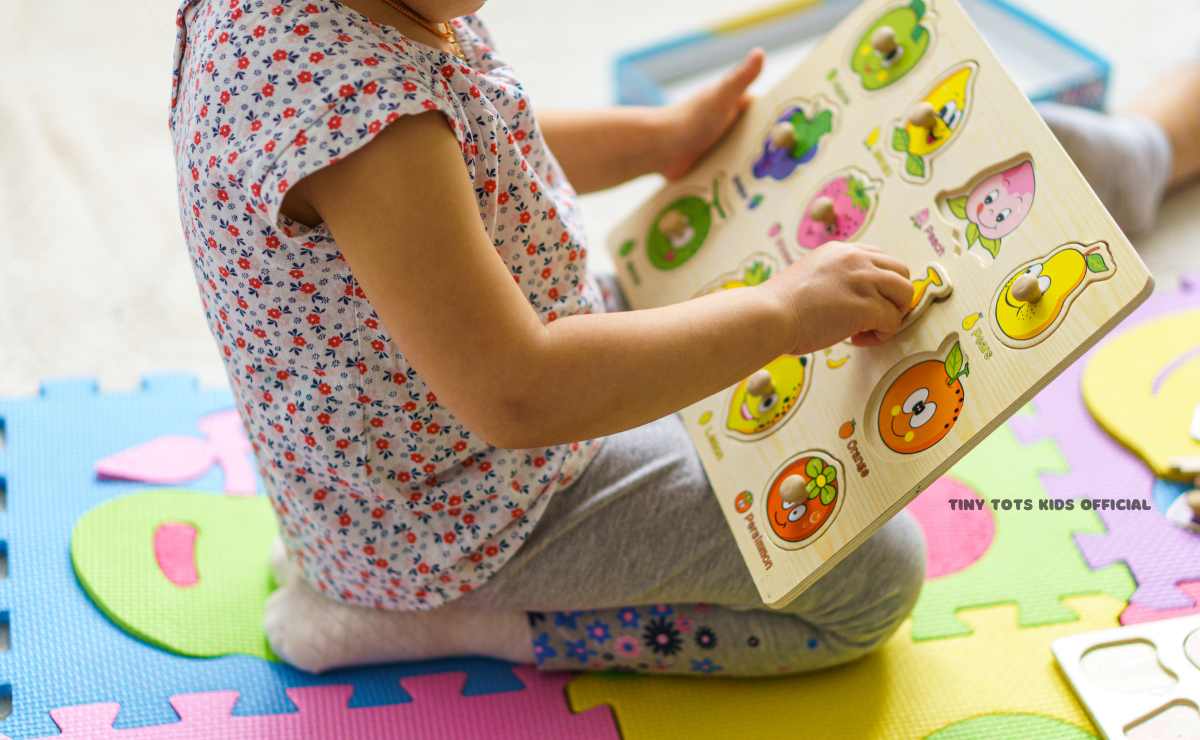Choosing the perfect educational toy can significantly impact a child’s development and learning experience. Educational toys not only entertain but also promote cognitive, social, and emotional growth. However, selecting the right toy for your child’s age and developmental stage can be challenging. In this comprehensive guide, we’ll explore how to choose the best educational toy for every age, ensuring that your child benefits maximally from their playtime.
Understanding Developmental Stages
To select the most suitable educational toy, it’s crucial to understand the developmental stages of children. Each age group has unique needs and abilities, so choosing a toy that aligns with these developmental milestones can enhance its educational value.
Infants (0-12 Months)
For infants, educational toys should stimulate sensory exploration and motor development. Look for toys that engage sight, sound, touch, and movement.
Key Toy Features:
- High-Contrast Patterns: Infants are drawn to bold, contrasting colors. Toys with these features can help with visual development.
- Textured Surfaces: Toys with various textures encourage tactile exploration and fine motor skills.
- Rattles and Soft Toys: These promote auditory development and hand-eye coordination.
Recommended Toys:
- Soft Rattles: These can be easily grasped and shaken, stimulating sensory development.
- Activity Gyms: Featuring hanging toys and mirrors, these support visual and motor skills.
Toddlers (1-3 Years)
Toddlers are highly active and curious. Educational toys for this age group should foster language development, problem-solving skills, and social interaction.
Key Toy Features:
- Interactive Elements: Toys that respond to actions, like buttons that produce sounds or lights, can help toddlers learn cause and effect.
- Simple Puzzles: These enhance problem-solving and cognitive skills.
- Building Blocks: Encourage creativity and spatial awareness.
Recommended Toys:
- Stacking Toys: These help with hand-eye coordination and fine motor skills.
- Shape Sorters: These toys promote cognitive development by teaching shapes and colors.
Preschoolers (3-5 Years)
Preschoolers are developing more complex thinking skills and are interested in imaginative play. Educational toys for this age should stimulate creativity, language development, and social skills.
Key Toy Features:
- Pretend Play Sets: Toys like kitchen sets or tool kits encourage imaginative play and social interaction.
- Storybooks and Reading Materials: Support language development and comprehension.
- Art Supplies: Foster creativity and fine motor skills.
Recommended Toys:
- Building Sets: These can range from simple interlocking blocks to more advanced construction kits, promoting problem-solving and creativity.
- Educational Tablets: Interactive tablets with age-appropriate content can support literacy and numeracy skills.
Early Elementary (6-8 Years)
Children in early elementary school are developing critical thinking and learning new skills rapidly. Educational toys for this age group should challenge their intellect and support academic growth.
Key Toy Features:
- STEM Toys: Engage children with science, technology, engineering, and math concepts in a fun, hands-on way.
- Board Games: Promote strategic thinking and social interaction.
- Science Kits: Encourage exploration and experimentation.
Recommended Toys:
- Robotics Kits: Teach basic coding and engineering principles.
- Interactive Books and Puzzles: Enhance problem-solving skills and knowledge.
Late Elementary (9-12 Years)
Late elementary students are refining their academic skills and exploring personal interests. Educational toys should be more complex and align with their growing abilities and interests.
Key Toy Features:
- Advanced STEM Kits: Provide deeper exploration into science and technology topics.
- Craft and DIY Kits: Encourage independent projects and creativity.
- Educational Games: Focus on critical thinking and strategy.
Recommended Toys:
- Programming Robots: Allow kids to experiment with coding and robotics in a hands-on way.
- Complex Building Kits: Challenge problem-solving skills and creativity.
Teens (13+ Years)
Teenagers are at a stage where they are preparing for adulthood and pursuing more specialized interests. Educational toys for this age should cater to their interests and help them develop practical skills.
Key Toy Features:
- Technology Projects: Encourage skills related to programming, engineering, or digital arts.
- Educational Software: Support advanced learning in areas like coding or graphic design.
- Skill-Building Kits: Focus on practical skills such as cooking or woodworking.
Recommended Toys:
- 3D Printers: Offer a chance to create and design their own projects.
- Advanced Robotics Kits: Provide a deeper dive into technology and engineering.
Conclusion
Choosing the perfect educational toy requires an understanding of your child’s developmental stage and interests. By selecting toys that are age-appropriate and align with their developmental needs, you can support their growth and learning in a fun and engaging way. Whether you’re shopping for an infant or a teenager, the right educational toy can make a significant difference in their developmental journey. Remember to consider the key features and recommended toys for each age group to ensure you make the best choice for your child’s needs.

I needed this toy
We give some option to choose toys by age, just select menu- category- shop by age, According to your child age toys can be select and place your order in website.
Hope we solve your query